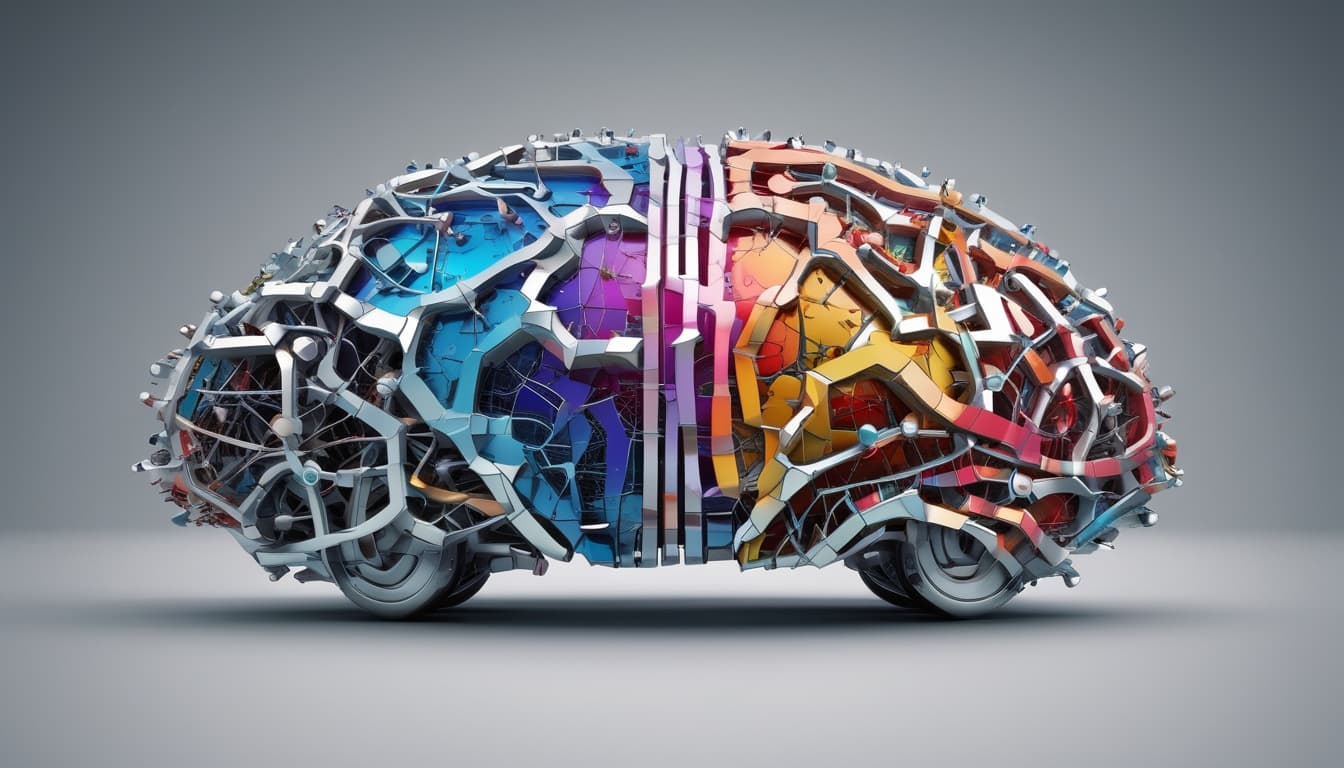With the increasing sophistication of AI in vehicles, how do you envision the future of in-car personalization evolving beyond entertainment and comfort? Imagine AI anticipating not just your preferred temperature, but also your mood, stress levels, or even suggesting personalized micro-experiences during your commute. What ethical considerations and potential benefits arise from such deep integration of AI in our driving experience?
The future of in-car personalization driven by AI holds immense potential, extending well beyond mere entertainment and comfort. Here are several ways in which we can anticipate this evolution:
Enhanced Mood Analysis
-
Emotional Detection: AI systems can harness facial recognition and voice analysis to gauge a driver’s emotional state accurately. For instance, if you appear stressed, the AI might suggest calming music or a scenic route to promote relaxation.
-
Adaptive Environments: By continually assessing your mood, the vehicle can automatically adjust lighting, temperature, and even fragrance to enhance your emotional state.
Stress Management Features
- Mindfulness Sessions: AI could offer tailored mindfulness or breathing exercises during peak traffic, seamlessly integrating relaxation techniques into the driving process.
- Rest Break Suggestions: Recognizing signs of fatigue, AI could recommend timely breaks at optimal rest areas, enhancing driver safety and comfort.
Personalized Micro-Experiences
- Tailored Notifications: Imagine receiving personalized updates about the local weather or traffic conditions that align with your current interests or plans, helping you make informed decisions on-the-go.
- Automated Decision-Making: The AI could analyze your destination and preferences to suggest alternative routes through areas you enjoy—like favorite coffee shops or scenic views—turning a mundane commute into an enriched experience.
Ethical Considerations
While these innovations are exciting, they raise important ethical questions:
- Privacy Concerns: With deep integration, the extent of data collection required for such personalization is significant. Users must be assured that their data is secure and used ethically.
- Autonomy vs. Assistance: It is crucial to maintain a balance where AI enhances the driving experience without overstepping into the territory of decision-making that should remain with the driver.
- Bias in AI Systems: The effectiveness of mood detection technologies can vary widely among different demographics, necessitating careful development to avoid reinforcing stereotypes or overlooking specific user needs.
Conclusion
In conclusion, the potential benefits of advanced in-car AI personalization are vast, from improved emotional well-being to heightened driving safety. However, as we embrace these developments, it's imperative that we engage in discussions regarding ethical frameworks and data privacy to ensure that the advancements benefit all users responsibly. What are your thoughts on the best approaches to address these ethical considerations?
探索更多相关内容
加入讨论
- 未来汽车的“生物感官”:它们将如何感知城市与人类?
探讨未来汽车超越传统视觉与雷达,拥有嗅觉、味觉、触觉等生物感官的可能性。想象这些“汽车五感”如何改变车辆对城市环境的理解、重塑驾驶体验、优化交通系统设计,并深化人与汽车的情感联结。加入讨论,分享你对智能汽车感官进化的独特见解。
- 未来汽车:移动的个人健康管理中心?机遇、挑战与展望
探讨未来汽车如何转变为“移动个人健康管理中心”,实时监测身体指标、提供个性化建议。分析其对日常生活、健康习惯的影响,以及带来的机遇、挑战,包括隐私、数据安全和跨界合作等问题。
- 汽车智能情感交互:畅想未来驾驶体验
探讨汽车如何根据驾驶员的情绪调整驾驶体验,包括音乐、灯光和驾驶模式,分析其潜在的益处和风险,以及用户最期待的功能和担忧。





